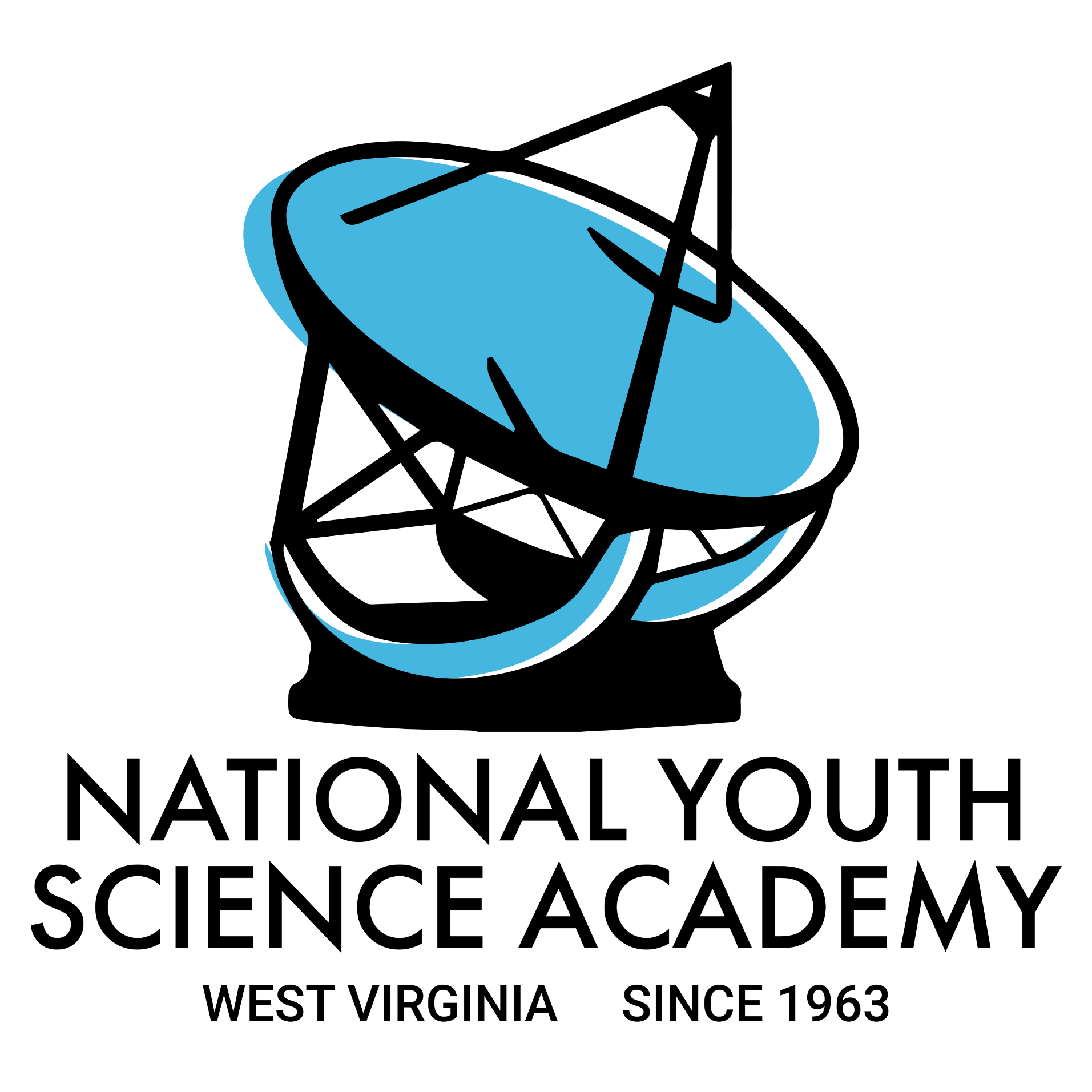Return to the main 2020 Virtual NYSCamp Page
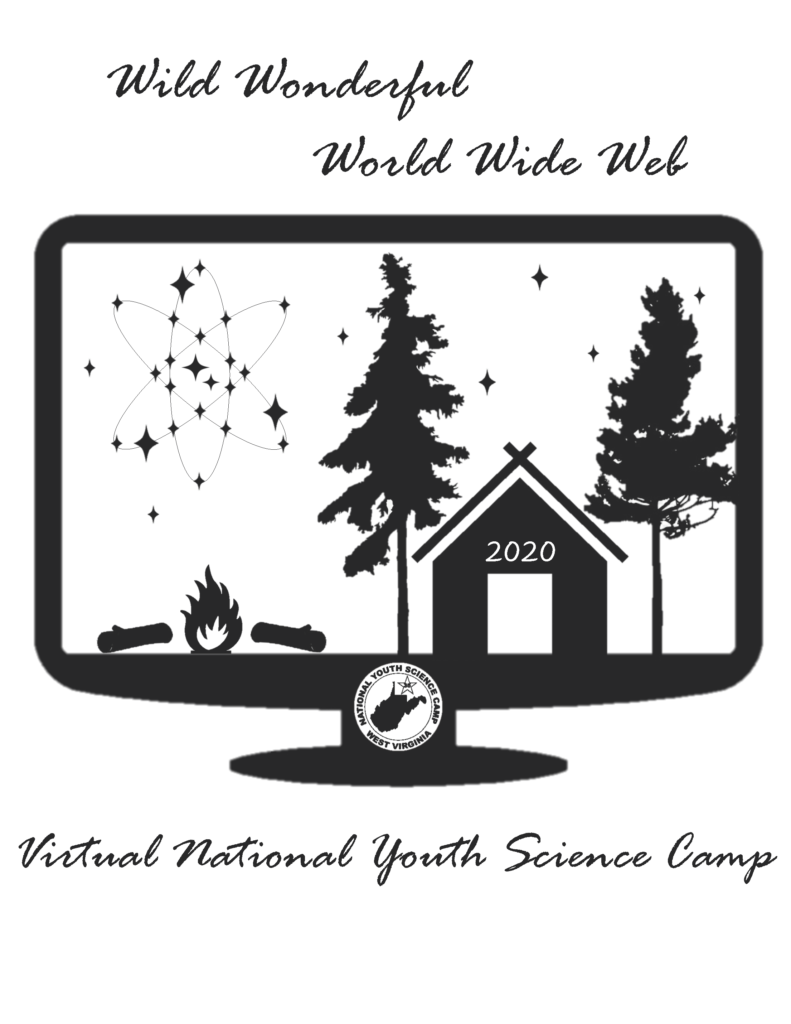
Return to the main 2020 Virtual NYSCamp Page
Directed Studies Presenters & Abstracts
Directed studies provide opportunities to delve deeper into a topic with an expert. They are designed as mini courses with a level of engaging and interesting course work (whether it is creating an online Clio entry, using online modeling tools, working with a team to think and plan ways to communicate science, etc.). One of the keystones of directed studies is small facilitator to delegate ratio (maximum 15 unless otherwise stated), which allows for deeper learning, discussions, conversations, and mentorship. Within the first 24 hours of camp 2020 delegates have an opportunity to sign up for one directed study on a first come first served basis. Once that time period has passed and everyone has at least had the opportunity to sign up for a directed study, we’ll open it up for delegates to fill in any empty slots (as a second or third selection) on a first come first served basis. The directed studies are cumulative so you must plan on attending all scheduled sessions of the directed study you enroll in. Information on how to sign up will be provided at the Welcome & Orientation Lecture at 8 PM (EDT).
How can we invest to make science more innovative and impactful? A case study for the Director of the National Institutes of Health
Wednesday June 3, Friday June 5, & Wednesday June 10
2:30-4:00PM EDT
Maximum Participants: 15
The National Institutes of Health invests over $30 billion every year in extramural research, largely through almost 50,000 competitive grants to 300,000 researchers at more than 2,500 universities, medical schools, and other research institutions in every state. Patients, physicians, advocacy groups, journalists, scholars, and policymakers have all wondered publicly about the value of billions of dollars in government-supported research. This directed study will examine how scientists, policymakers, and funding agencies measure the value and impact of their work and investments. We will do this using a case study developed from an evaluation that I heaped lead for the Director of the National Institutes of Health where he asked us to determine whether his investments in “high-risk, high-reward” research had improved impact and innovation.
Alyson Wilson, PhD (WV 1985)
Associate Vice Chancellor for National Security and Special Research Initiatives
& Professor of Statistics,
North Carolina State University

Dr. Alyson Wilson is Associate Vice Chancellor for National Security and Special Research Initiatives in the Office of Research and Innovation at North Carolina State University (NCSU). She is also a professor in the Department of Statistics and the principal investigator for the Laboratory for Analytic Sciences. Her research interests include statistical reliability, Bayesian methods, and the application of statistics to problems in defense and national security. Prior to joining NCSU, Dr. Wilson was a Research Staff Member at the IDA Science and Technology Policy Institute (2011-2013), an associate professor in the Department of Statistics at Iowa State University (2008-2011), a technical staff member in the Statistical Sciences Group at Los Alamos National Laboratory (1999-2008), and a senior statistician and operations research analyst with Cowboy Programming Resources (1995-1999). Dr. Wilson is a fellow of the American Statistical Association and the American Association for the Advancement of Science. She received her Ph.D. in statistics from Duke University, her M.S. in statistics from Carnegie-Mellon University, and her B.A. in mathematical sciences from Rice University.
“Wait- how does that work again?”
Thursday June 4 & Thursday June 11
6:00-7:00 PM EDT
(Max 15 participants)
Communicating science to the general public is something many scientists struggle with. Let’s practice our communication skills! Imagine you have been tasked with teaching Newton’s laws to a bunch of Kindergarteners on Monday a group of 7th graders on Wednesday and high school seniors on Friday. Would you have to teach the content in different ways to these different groups to make sure they understood the concepts? Absolutely! This directed study will be a collaborative exercise in how we think about scientific processes and how you would present them to students with different levels of understanding and different development in learning. The goal is to help you become better science communicators overall.
This video “How Alan Alda is Helping Scientists Translate Jarjon” is related to this DS https://www.nysacademy.org/youtube.com/watch?v=3OeZXRpM2R0
Mrs. Kylie Conover, M.A. (NV 2009)
Museum Educator at the Terry Lee Wells Nevada Discovery Museum

Kylie Conover is a Museum Educator at the Terry Lee Wells Nevada Discovery Museum where she gets to teach visitors about cool science stuff. When she isn’t at the museum you can find her at home working on various woodworking projects or outside enjoying the sights of Nevada with her husband Clay and dog Aspen. Kylie was a 2009 Nevada delegate and was on staph for many years.
Twitter: @history_kylie
Synesthesia: Hearing Color and Smelling Sound
Monday June 8, Tuesday June 9, & Wednesday June 10
4:30-5:30 PM EDT
Maximum Participants: 15
Synesthesia is a mixing of the senses, meaning that people can hear color or taste smells. Although originally thought to be rare or of psychological origin, many recent studies have demonstrated that its origins are related to specific neuroanatomy and neurophysiology and may be quite common.
Jessica Frey, MD (PA 2008)
Chief Neurology Resident
West Virginia University
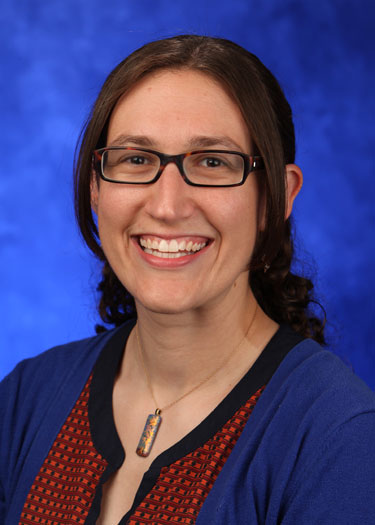
Jessica Frey is currently the chief neurology resident at West Virginia University. She is originally from Pittsburgh, PA. She attended Penn State for medical school and will graduate from residency this month. She will be pursuing a movement disorder fellowship at UF in Gainesville, Florida in July. She was a PA’08 delegate to NYSC and returned for staph in 2013 for public relations. Her main areas of research include transcranial magnetic stimulation for post-stroke depression. She is also involved in global health research and recently completed a year-long neurology educational study in rural Guatemala. She is an avid traveler, and her most recent expeditions have included India, Morocco, and Egypt (prior to COVID of course). Her hobbies include tae kwon do, running, and playing gigs with her band.
The Emerging Technology of Virtual Presence
Monday June 8, Tuesday June 9, & Wednesday June 10
1:00-2:30 PM EDT
Maximum Participants: 15
We will discuss emerging technology powering virtual presence for Augmented Reality, Virtual Reality, and Social Media. We will look at the spectrum of the underlying technology and things you can do to master virtual presence for distance learning, social distancing, and a somewhat dystopic future. Topics will include video encoding, 5G, machine learning for computer vision applications, and today’s leading platforms for virtual sharing and collaboration.
Simon Solotko (OH 1990)
Tirias Research
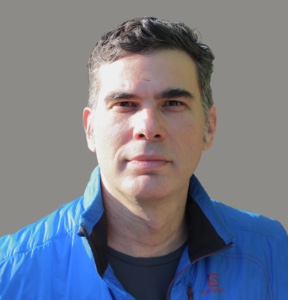
Simon Solotko is an accomplished VR and AR pioneer who serves as a mentor at the German Accelerator. Simon brings a unique combination of technical and marketing expertise, which he employs to help clients understand and navigate fast technology markets. Simon has two decades of experience spanning HPC, semiconductors, and recent work with dozens of AR and VR companies. Previously, Simon spent ten years at Advanced Micro Devices (AMD) in various product marketing and strategy roles and five years at Raytheon IIS developing the largest HPC environments. He holds an AB from the University of Chicago and an MS in in Finance from the University of Texas at Dallas. Simon’s intellectual core was formed writing software from an early age and studying math and computer science at Kent State University and Harvard University. He completed his formal education studying for a year in the doctoral seminars of Dr. Frank Bass, a marketing science pioneer who developed the first adoption models for fast-technology products.
Twitter: @SOLOTKO
Fold Proteins: Cure COVID-19
Monday June 8, Tuesday June 9, & Wednesday June 10
3:00-4:00 PM EDT
Maximum Participants: 15
The Institute for Protein Design in Seattle, WA is busy in the lab designing vaccines and therapeutics for COVID-19. As a researcher in the lab making vaccines I’ll introduce computational protein design and how we think about proteins digitally and in the lab. Delegates can download our software, Fold.It, at home themselves and play along!
Karla Herpoldt, PhD (Germany 2006)
Senior Fellow, Institute for Protein Design, University of Washington

Dr. Karla-Luise Herpoldt is a senior research fellow at the Institute of Protein Design at the University of Washington, Seattle. She received her masters in physics from the University of Oxford, where she carried out research ranging from building super powered lasers to understanding the origins of lightning on Mars. Following this, she had an identity crisis and decided to become a molecular biologist instead. She carried out her PhD research at Imperial College London where her main focus was on the discovery of new techniques for the diagnosis and treatment of HIV.
Since 2016 she has been a Washington Research Foundation Innovation Fellow at the Institute for Protein Design. Here she designs and builds proteins which don’t exist in nature and uses them to build vaccines to prevent the world’s most vulnerable children from dying from something as simple as diarrhea. Karla was a German delegate to the National Youth Science Camp in 2006 and was on Staph in 2008, 2010,2011. When she’s not in the lab, she can usually be found dancing, reading or baking. She also loves long distance cycling and last year rode up Mount Rainier, the tallest volcano in the Pacific Northwest.
Twitter: @KHerpoldt
Building Virtual Nature Trails, Museum Tours, or Walking Tours in Clio
Tuesday June 9, Tuesday June 16, & Friday June 19
6:00-7:00 PM EDT
Maximum Participants: 8
Participants will use Clio to publish entries for historical or cultural sites, create virtual tours of museums, create an interpretive nature trail, or create a walking tour that shares the history of their community. Each entry and tour can include text, audio narration, images, and links to sources. Each entry and virtual tour will credit the author and provide opportunities to reach out to people and organizations that the participant might like to work with or meet virtually. For example, virtual tours created by students have included narration from museum staff, subject matter experts, local residents, and university faculty.
–Here is an example of a nature trail using Clio: https://theclio.com/entry/84925The nature trail offers narration from a science teacher and the park naturalist as they talk about each location on the trail. The short clips augment text and images and make it possible to explore the nature trail from any location or take it with you and learn as you move through the trail.
–Here is an example of a virtual museum tour that offers audio from staff and docents along with the text: https://theclio.com/entry/25771 –Here is an example of a Clio entry for a building that was once home to a World War II factory staffed by Rosie the Riveters. The entry offers narration from one of the women who worked in the factory as recorded by the student who created it https://theclio.com/entry/97522
David Trowbridge, PhD
Clio Founder & Associate Professor of History at Marshall University
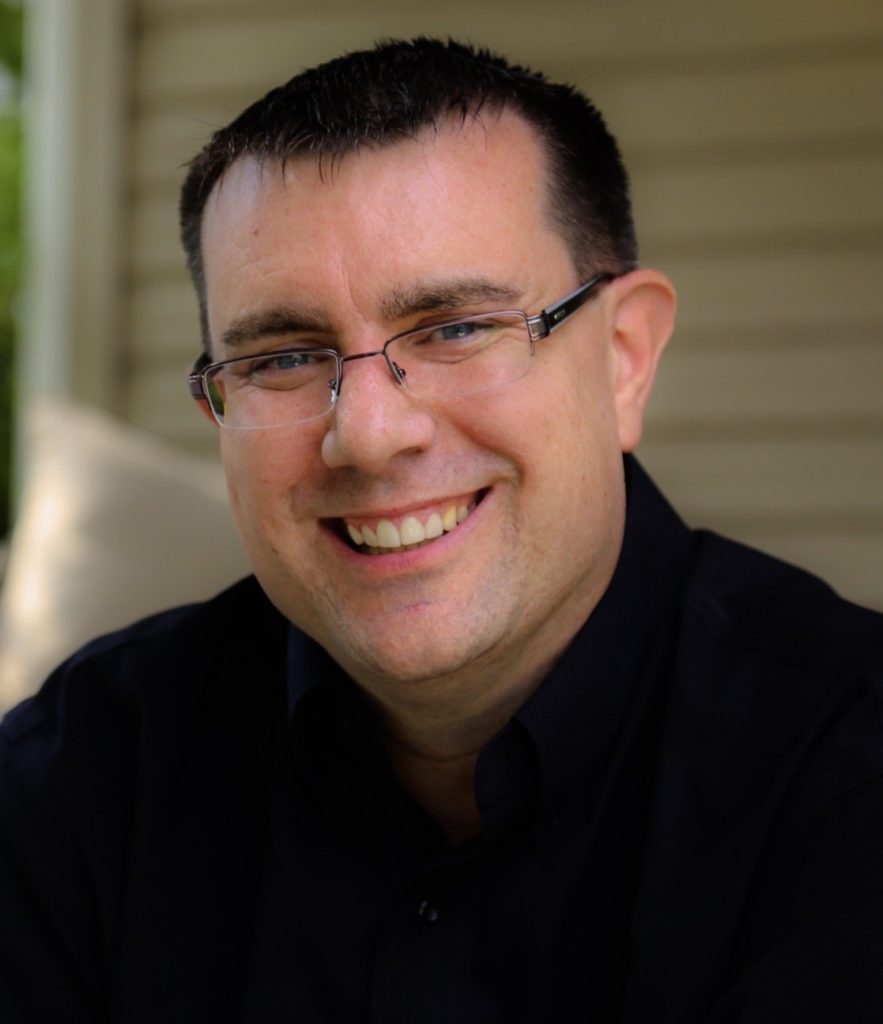
Dr. David Trowbridge (Ph.D. Kansas, 2008) is an associate professor of history at Marshall University and the founder of Clio, a website and mobile application that connects people to nearby history, art, culture, works of engineering, science, and nature. Clio is non-profit and free for everyone thanks to universities, historical societies, libraries, and museums that have used Clio to build over 700 walking tours and 30,000 individual entries for historic buildings, monuments, and other landmarks. Clio also offers virtual tours of sites and museums.
Twitter: @DTrowbridge7 @thecliodotcom
3D Print Designing with Autodesk Fusion 360
Thursday June 11 & Monday June 15
1:00-2:30 PM EDT
Maximum Participants: 15
Welcome to 3D Printing! Fear not the wide variety of commands in the Fusion 360 toolbar! This directed study is designed to help you navigate this 3D print design software with ease and produce creations by using simple tools, tricks, and tips. There will be two class sessions, each about 90 minutes long, with time in between for you to take to the software yourself and turn your newfound knowledge into your own 3D print designs. In class session 1, we will go over the basics of the program: navigation tools, sketching 2D designs, translating 2D into 3D, how to use modification tools to compose clever shapes, and then how to use useful commands to fit all the pieces together. After this class session, we will ask you to put your knowledge to the test and design a creation of your own using Fusion 360 on your computer at home. The program is free to download and sign up for the free demo (see the attached link to be directed to the Autodesk website for setup). In class session 2, we will bring our creations to the table and review what tools were the most useful, cover advanced modification tools, and then learn about 3D print design programs beyond Fusion 360. Fusion 360 has been used to design such helpful and fun objects as a personalized stamp, a glasses tray, and even a scale model of a Companion Cube from the video game Portal. The possibilities are endless!
Link 1: https://accounts.autodesk.com/register
Link 2: https://www.nysacademy.org/autodesk.com/campaigns/fusion-360-for-hobbyists
Setup Instructions: Use Link 1 to set up an Autodesk account (no payment required). Then, go to Link 2. After clicking Link 2, scroll down to “Download and install Fusion 360” and click “Get Started”. Follow the directions as needed to fully open and run the program properly.
Mary Pyrdol (MA 2019)
Maker Mentor at the Brockton Public Library Makerspace

I am a rising sophomore at Brandeis University double majoring in Creative Writing and Studio Art. I was actually an NYSC Massachusetts 2019 Delegate myself! I enjoy drawing, painting, reading & writing fiction, and playing a variety of instruments. My passion is creating, so working at my local library’s Makerspace for the past three years has been extremely fun and quite educational. I also have two cats and two birds whom I love very much!
Twitter: @Cupcakepop27
Alex Arment
Graduate Student at Colorado University at Boulder

Alex is a first-year masters student at the University of Colorado Boulder. They are passionate about robotics, engineering, and sharing that knowledge with others. In their spare time Alex enjoys hiking.
It’s Time to Start Something—Lessons in Entrepreneurship
Monday June 15, Tuesday June 16, & Thursday June 18
4:00-5:00 PM EDT
Maximum Participants: 15
We are living in unprecedented times. The world is forever changed due to the global pandemic and is in desperate need of solutions to the immense challenges that lie ahead. If you therefore have aspirations to help by one day starting something, whether it be a company, nonprofit, lab or program… this directed study is for you! Entrepreneurship is a collection of skills that combine creativity, selling, storytelling, learning, and self-reliance into a process of building teams, solving problems and creating value. Taught from the perspective of a technologist and scientist, you will learn the basics of how to craft an idea into a plan and turn a plan into a pitch. Come prepared to change the world.
Aaron Morris, PhD
Co-Founder and CEO
Allvision IO

Aaron C. Morris is a roboticist and serial entrepreneur with a demonstrated history of transitioning innovative technologies into commercially viable products. He conducted his graduate work at Carnegie Mellon University where he developed mapping, perception, computer vision, and planning systems for autonomous mobile robots. Transitioning to an entrepreneur, he consulted for companies of varying stages (mostly robotics related) to launch products, obtain investment and build operations before pursuing his own startup called Allpoint System. He successfully grew that venture until it was acquired by Autodesk in 2012. He was the head of the Autodesk Reality Solutions division for five years until he left to found a new venture-backed startup called Allvision.
Twitter: @DrAaronMorris
Explore the Invisible Cosmos with Radio Astronomy
Tuesday June 16 & Thursday June 18
2:00 to 3:30 PM EDT
Maximum participants: 15
In this directed study we are going to learn about the fascinating science of radio astronomy! What is radio astronomy, and how is it different from other kinds of astronomy? How do radio telescopes work? How can you get involved? These are all questions we’re going to be talking about. We’ll explore the incredible objects that radio astronomers study, from mysterious fast radio bursts, to planets in our Solar System, to the Search for Extraterrestrial Intelligence, and more! In addition, we’ll learn about what kinds of radio telescopes there are, how they work, and we’ll focus on one very special example, the Green Bank Telescope, located in Pocahontas County, WV. Last but not least, we’ll talk about how citizen scientists — like you! — can get involved in radio astronomy, by building your own simple radio telescopes and / or using data that scientists have collected using the world’s largest and most sophisticated radio telescopes to make your own discoveries.
These resources inform the directed study:
“Astronomy and Mentorship: Our Bridge to the Future” TEDxMarshallU talk: https://www.nysacademy.org/youtube.com/watch?v=BOHB-BRRB5g
– The book Unseen Cosmos by Sir Francis Graham-Smith — brilliant introduction to radio astronomy, perfect for motivated high-schoolers!
– Open Source Radio Telescopes website: www.opensourceradiotelescopes.org – UC Berkeley SETI educational pages: https://seti.berkeley.edu/listen/
Ellie White
Undergraduate Physics Student at Marshall University and Co-Founder and Co-Director of Open Source Radio Telescopes
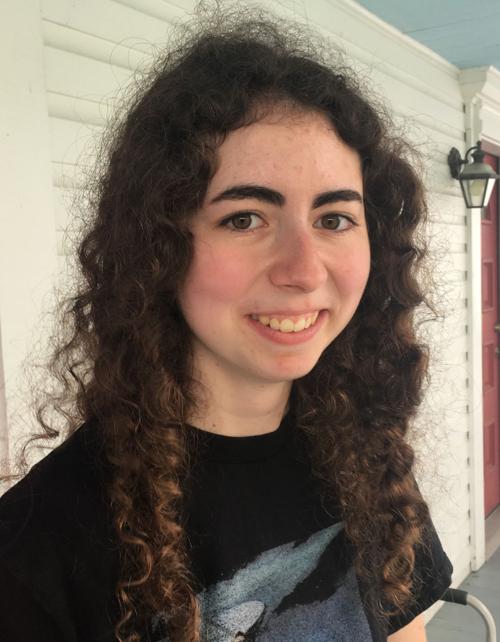
Ellie White is a physics student at Marshall University and is currently working as a summer intern for the UC Berkeley Search for Extraterrestrial Intelligence (SETI) Research Center. She has worked on a number of radio astronomy instrumentation projects with the Green Bank Observatory in Pocahontas County, WV, and with the National Radio Astronomy Observatory’s Central Development Laboratory in Charlottesville, VA. In addition to her research experience, Ellie has also contributed to a number of educational initiatives — she is co-founder and co-director of the group Open Source Radio Telescopes, and is on the board of the nonprofit, West Virginia Alliance for STEM and the Arts (WV AllSTAR). As a result of her research and outreach efforts, she was named a 2020 Goldwater Scholar and was invited to give a TEDx talk at Marshall University titled “Astronomy and Mentorship: Our Bridge to the Future.” Ellie is passionate about the search for life elsewhere, antennas of all shapes and sizes, and sharing her love of science with others. In her spare time, you can find her hiking, kayaking, reading, stargazing, or hanging out with her family and pets.
Email: elliewhite1420@gmail.com
Twitter: @AstroEllieWhite
Investigations in Applied Microbial Ecology
Tuesday June 16, Wednesday June 17, & Thursday June 18
6:30-7:45 PM EDT
Maximum Participants: 15
Microorganisms live almost everywhere on planet Earth including in the subsurface, on our skin, and in the atmosphere. Advances in DNA and RNA sequencing technologies have only recently allowed us to study these important organisms in their natural habitats. In this directed study, delegates will learn about the field of microbial ecology before discussing how modern methods in microbial ecology are utilized in a variety of fields including energy, conservation biology, and healthcare. We will also use a series of case studies to explore the challenges faced by conflicting stakeholders such as patients, clinicians, and industry executives. Finally, we will examine how twitter and other social media platforms can be used to bridge the gap between the public and researchers.
Kara Tinker, PhD
Environmental Microbiologist at the National Energy Technology Laboratory (NETL) – Pittsburgh
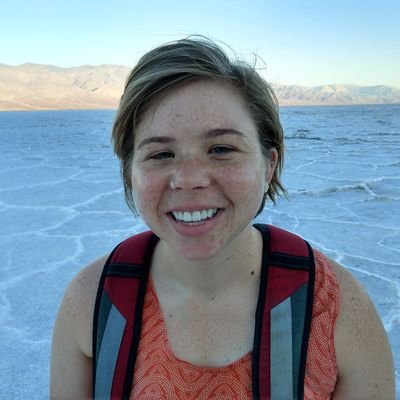
Kara is an environmental microbiologist at the National Energy Technology Laboratory (NETL) in Pittsburgh, Pennsylvania. Prior to working at NETL, she completed her PhD at the University of Georgia while studying the gut microbiome of insects in the Dictyoptera superorder. Her current research is focused on understanding the microbial community present in subsurface environments, including actively producing hydraulically fractured shales and carbon sequestration reservoirs. She enjoys all things microbial ecology and is especially passionate about STEM outreach. She became infected with NYSC enthusiasm during 2018, when she served as the NYSC Assistant Director of Programming!
Twitter: @KaraAnnTinker
